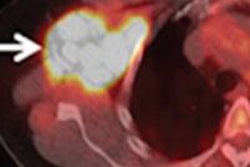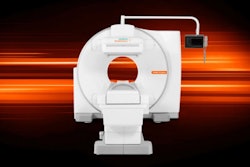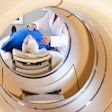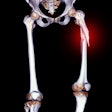Wednesday, December 2 | 3:10 p.m.-3:20 p.m. | SSM14-02 | Room S504CD
Another group from Germany is reporting promising results of FDG-PET/MRI for idiopathic retroperitoneal fibrosis, a rare inflammatory condition in which a fibrotic mass surrounds the abdominal aorta and can cause severe complications, such as renal failure.Led by Dr. Ingo Einspieler, a resident in the department of nuclear medicine at Technische Universität München, the researchers performed whole-body FDG-PET/MRI exams on 14 patients with idiopathic retroperitoneal fibrosis. They used T1- and T2-weighted sequences to locate FDG uptake and identify any morphological changes associated with the condition. Idiopathic retroperitoneal fibrosis tissue volume was also calculated on MRI.
In addition, patients received contrast-enhanced MR angiography to determine any changes in the vessel lumen. Based on disease activity score, there were seven cases of active disease and seven patients with inactive disease.
However, FDG-PET/MRI discovered active idiopathic retroperitoneal fibrosis in 10 patients. The hybrid modality changed four cases from inactive to active disease and one patient from active to inactive disease. FDG-PET/MRI also uncovered vessel changes that suggested active large-vessel vasculitis for three individuals.
In all, FDG-PET/MRI affected therapeutic management in 43% of the patients by beginning or avoiding immunosuppressive therapy.
Whole-body FDG-PET/MRI "may be considered a useful approach for aiding the management of patients with idiopathic retroperitoneal fibrosis," Einspieler and colleagues concluded.




















